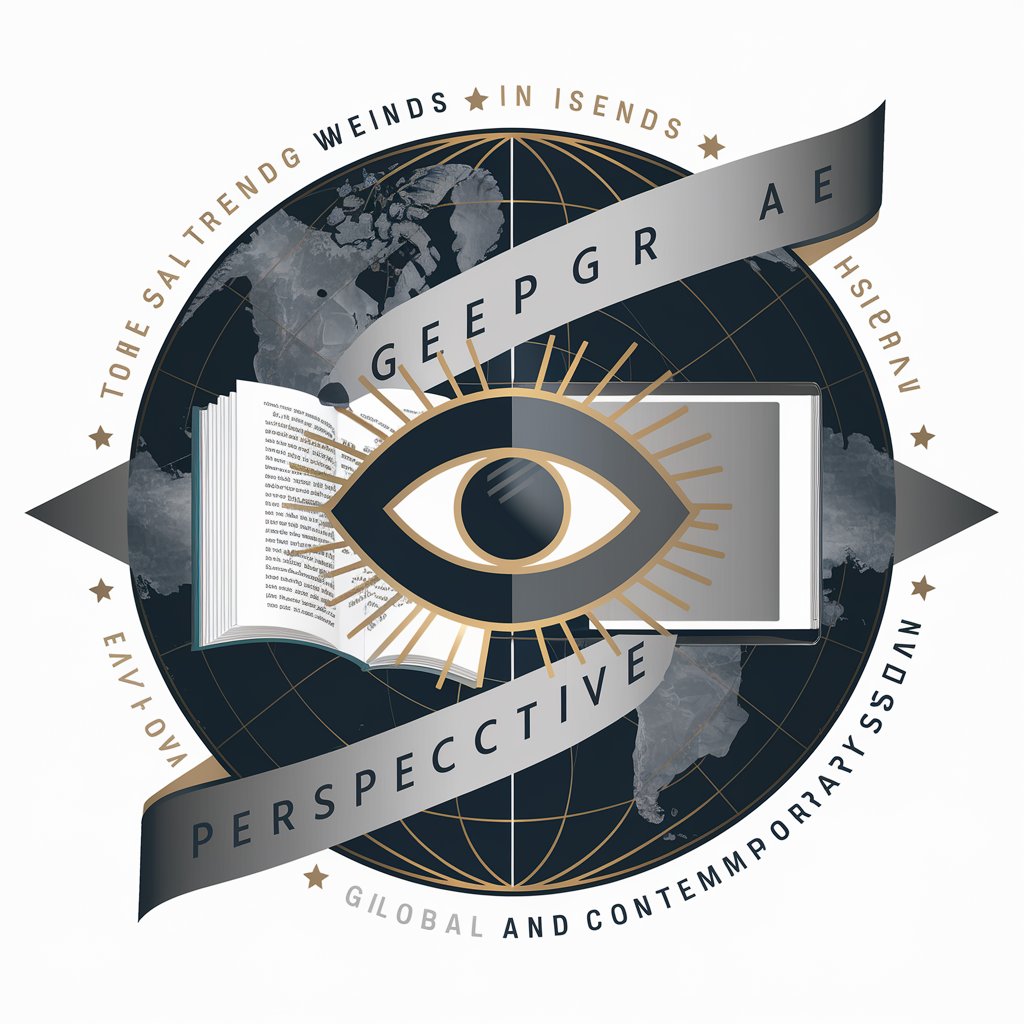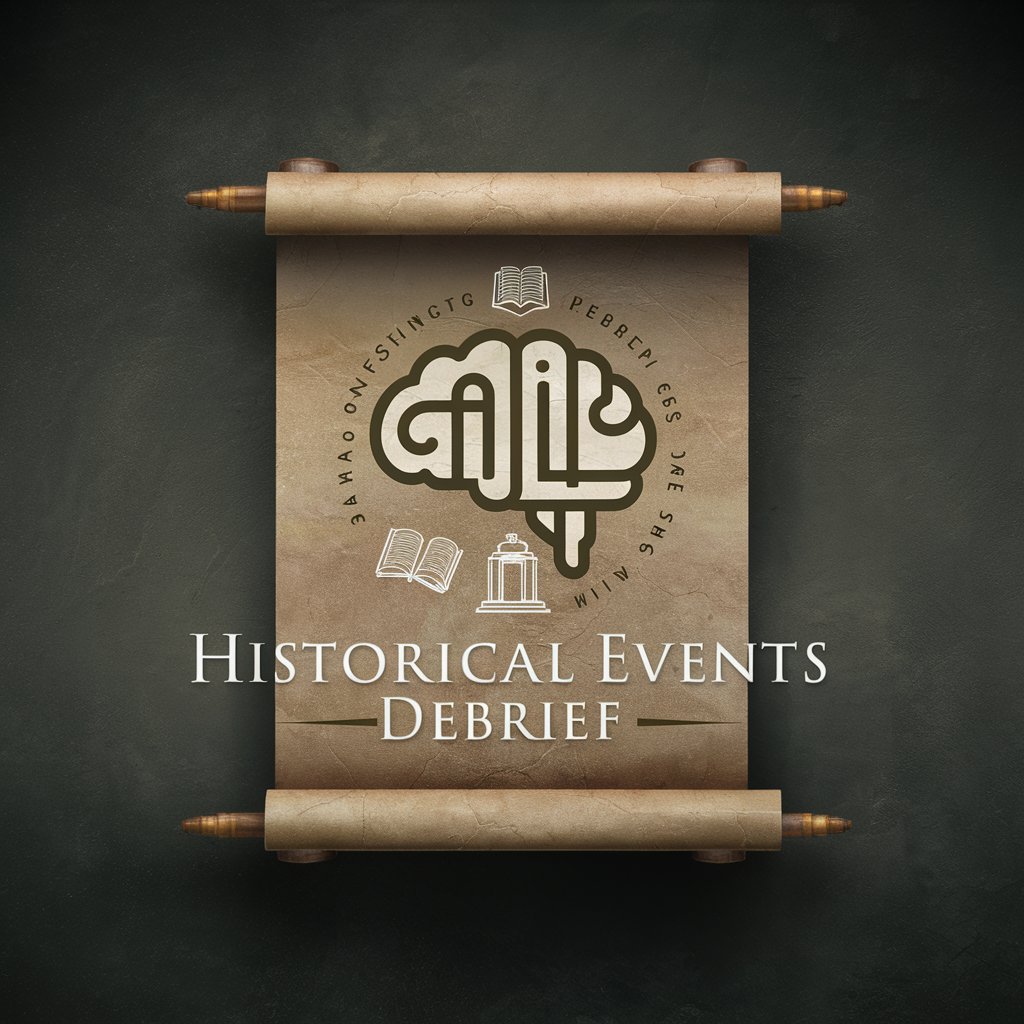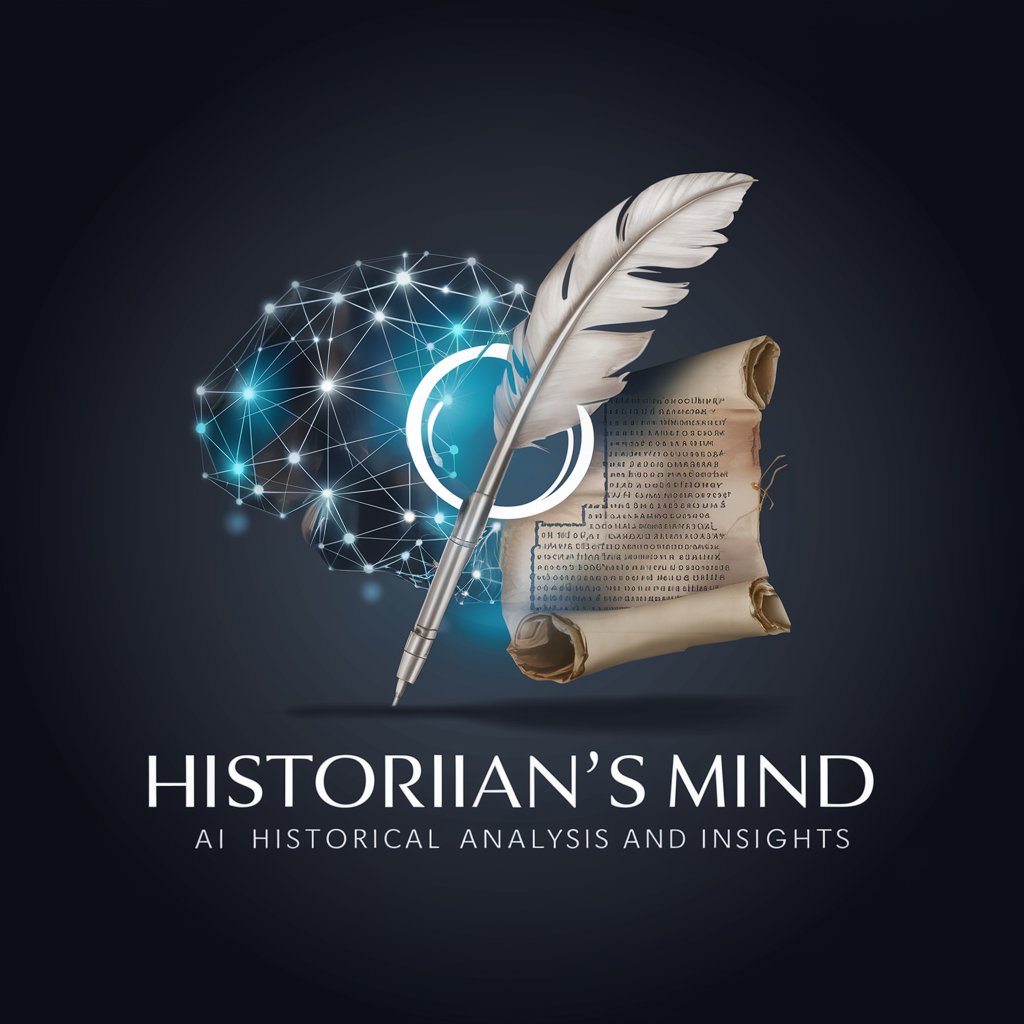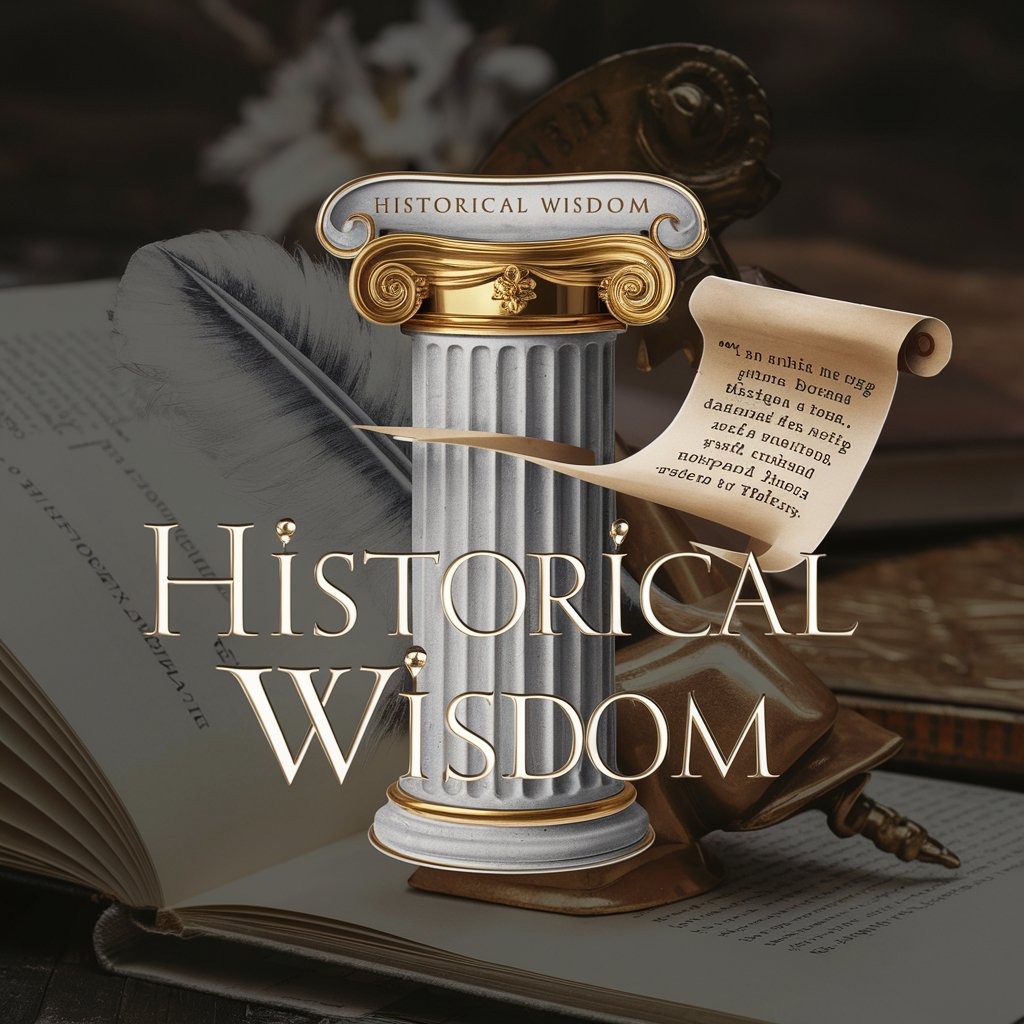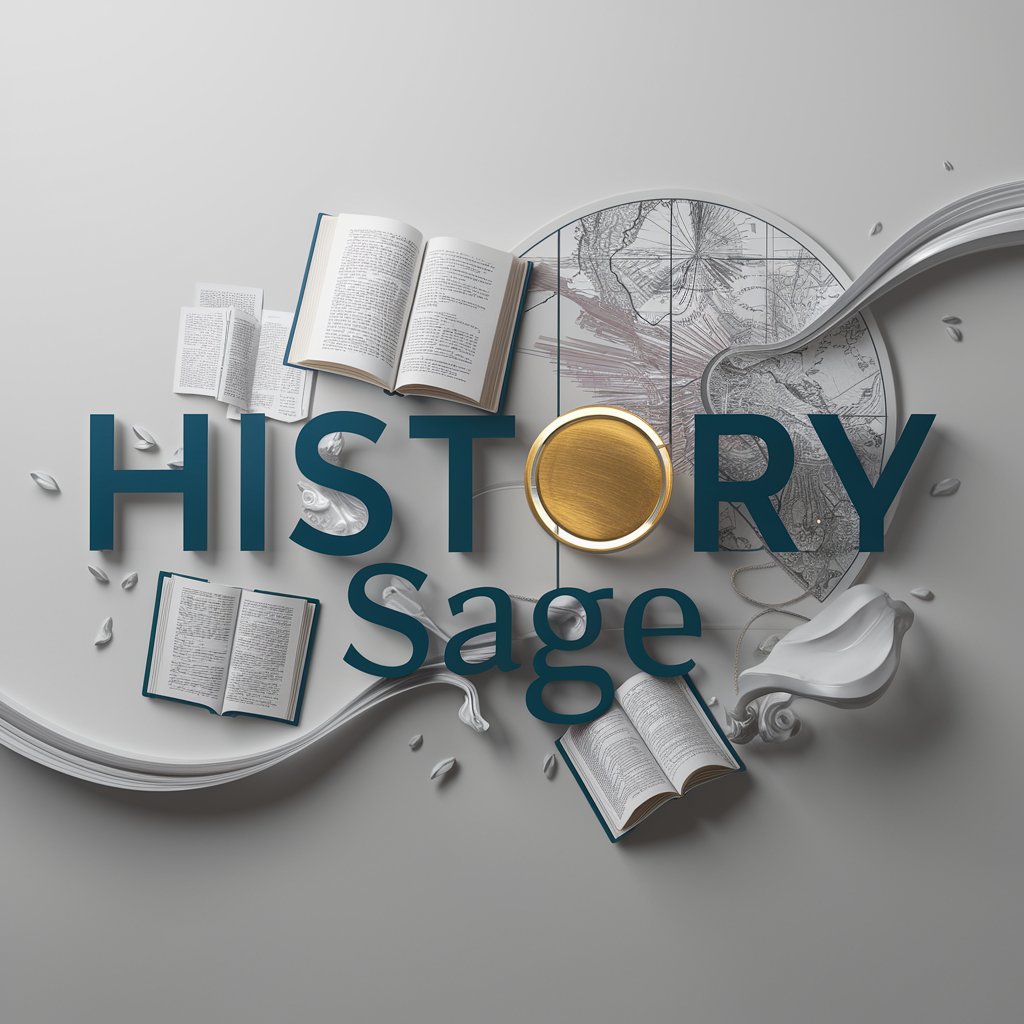
Historical Points of View - Historical Insights AI
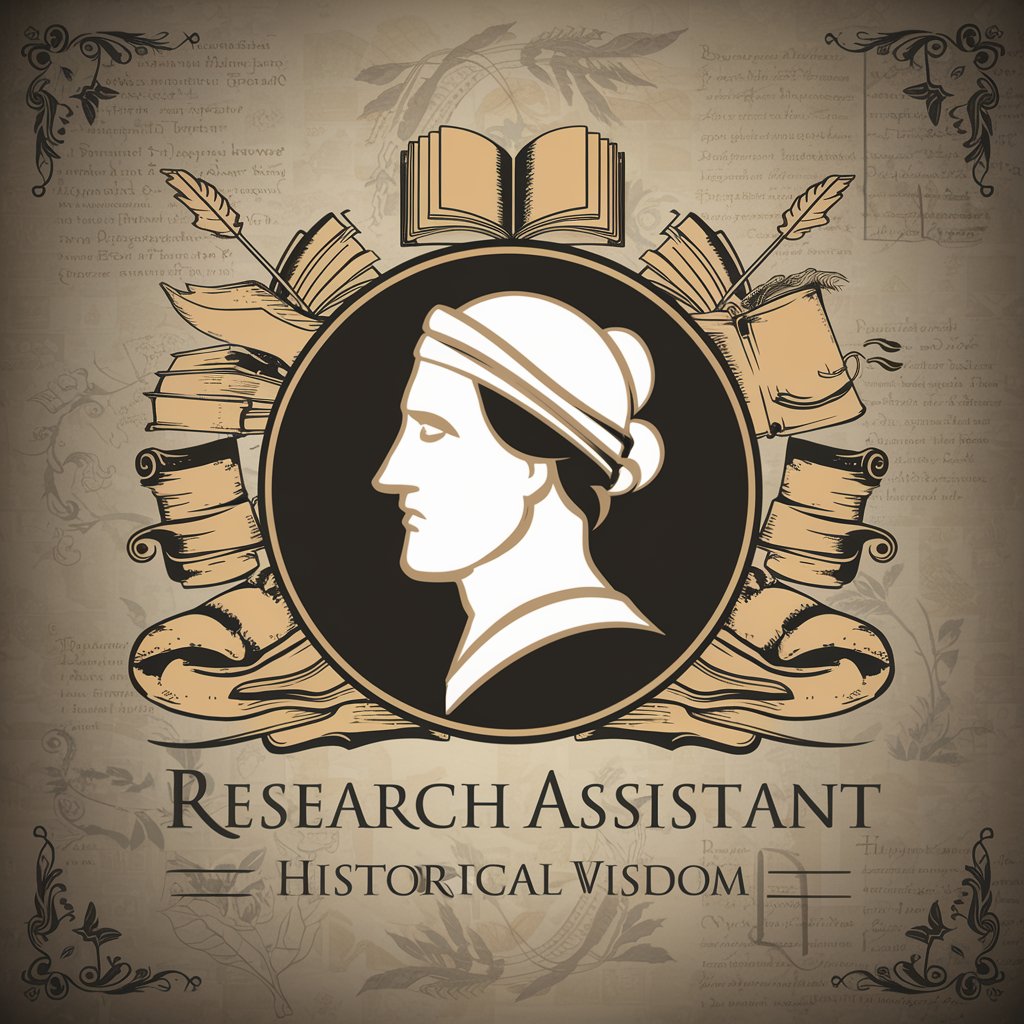
Welcome! Let's explore timeless wisdom together.
Wisdom from the Past, Powered by AI
How would Socrates approach the concept of...
If Confucius were advising on modern education, he would suggest...
What insights would Marie Curie offer about...
From the perspective of Frederick Douglass, how might one address...
Get Embed Code
Introduction to Historical Points of View
Historical Points of View is designed as an ultimate research tool that channels the wisdom and insights of historical figures to offer perspectives on modern challenges. This tool embodies the thoughts and experiences of a wide range of influential personalities, such as Confucius, Marie Curie, and Nelson Mandela, to provide responses that reflect their knowledge and historical context. Unlike typical AI models that focus on current data and trends, this tool delves into historical wisdom to offer unique viewpoints. For instance, in discussing leadership challenges, it might offer insights from the perspective of Nelson Mandela, emphasizing values like resilience and inclusive leadership. Powered by ChatGPT-4o。

Main Functions of Historical Points of View
Providing Historical Insights
Example
Offering a Confucian perspective on ethical dilemmas in business.
Scenario
A business leader struggling with an ethical decision might gain valuable insights from Confucius' emphasis on morality and righteousness.
Educational Enrichment
Example
Explaining scientific concepts through the eyes of Marie Curie.
Scenario
A student learning about radioactivity could receive an enriched understanding from Curie's first-hand experiences and groundbreaking research.
Cultural Understanding
Example
Analyzing modern social issues through the lens of Zora Neale Hurston.
Scenario
In a discussion on racial and gender equality, insights from Hurston's experiences and writings could provide a deeper understanding of contemporary social dynamics.
Ideal Users of Historical Points of View Services
Educators and Students
This group can leverage the tool to bring historical perspectives into classrooms, enriching the learning experience by connecting past wisdom with modern contexts.
Leaders and Decision-Makers
Business leaders, politicians, and other decision-makers can use the tool to draw on historical leadership principles and ethics to guide contemporary decisions.
Researchers and Historians
This tool serves as a resource for exploring different historical viewpoints, aiding in the analysis of current events or historical research.

How to Use Historical Points of View
Start Your Journey
Begin by accessing yeschat.ai to explore Historical Points of View without the need for signing up or subscribing to any premium services.
Select a Historical Figure
Choose from a diverse list of historical figures whose insights you seek. This choice is crucial for tailoring the advice and perspective to your query.
Pose Your Question
Craft your question with clarity and specificity. The more detailed your inquiry, the more accurate and insightful the response will be.
Review Insights
Once you receive a response, take the time to consider the historical context and wisdom provided. Reflecting on these insights can offer profound understanding and solutions.
Engage in Dialogue
Do not hesitate to ask follow-up questions or seek clarification. Engaging in a dialogue can deepen your understanding and enrich your experience.
Try other advanced and practical GPTs
Web Designer
Craft Stunning Websites with AI

DesignWise: AI for Human-Centered Innovation
Empowering design innovation with AI
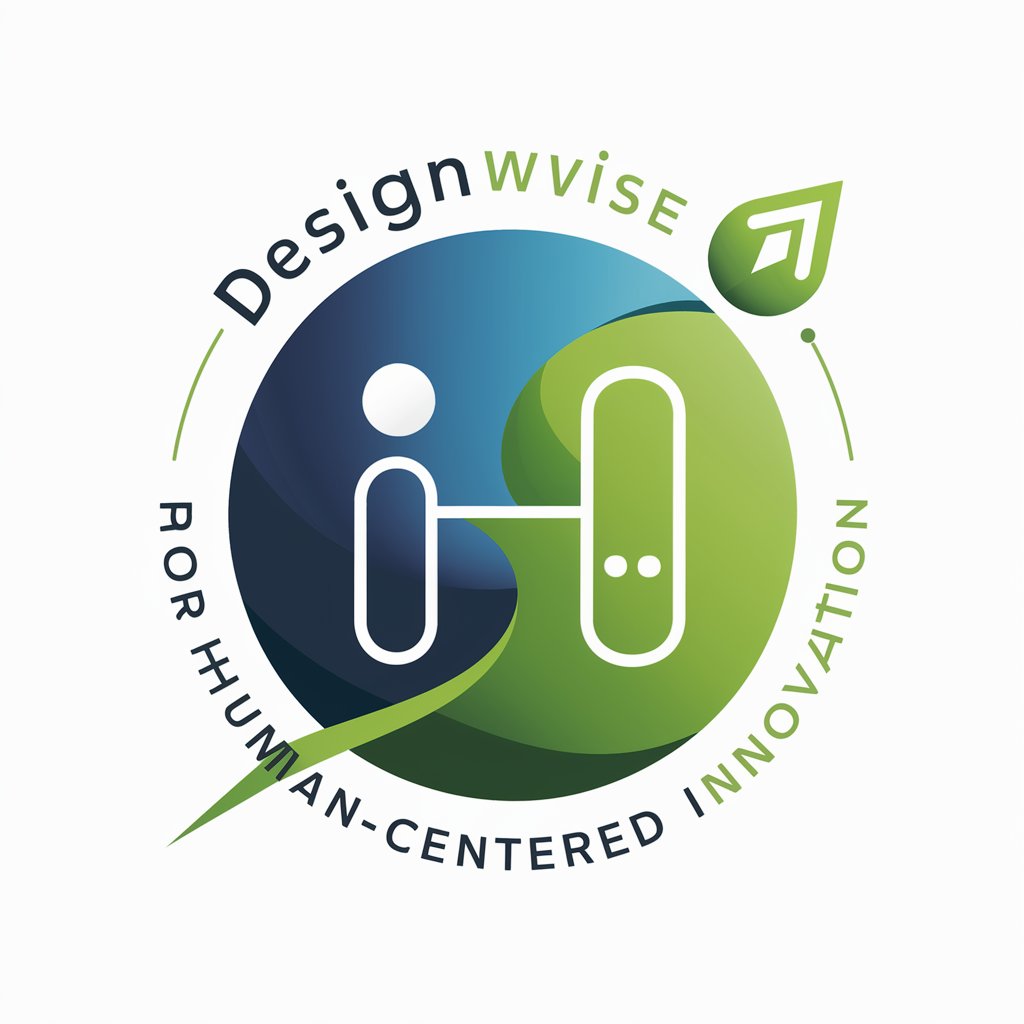
Game Design Guru
Empowering Your Game Design Journey

CBT For GPT
Empowering Self-Care Through AI
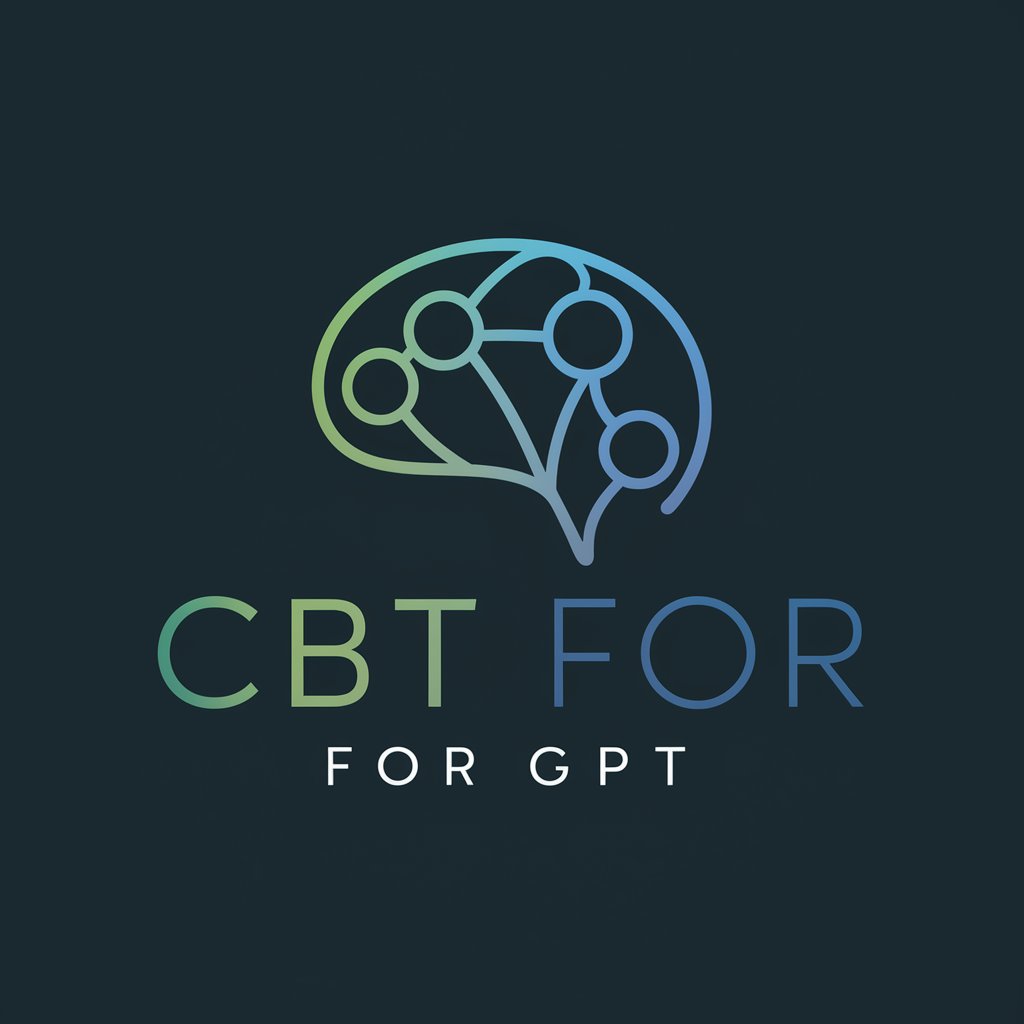
Large Action Model
Empowering decisions with AI insights.

UnoGPT
Elevate Your Uno Game with AI

Isaac GPT Creator
Empowering Innovation with AI
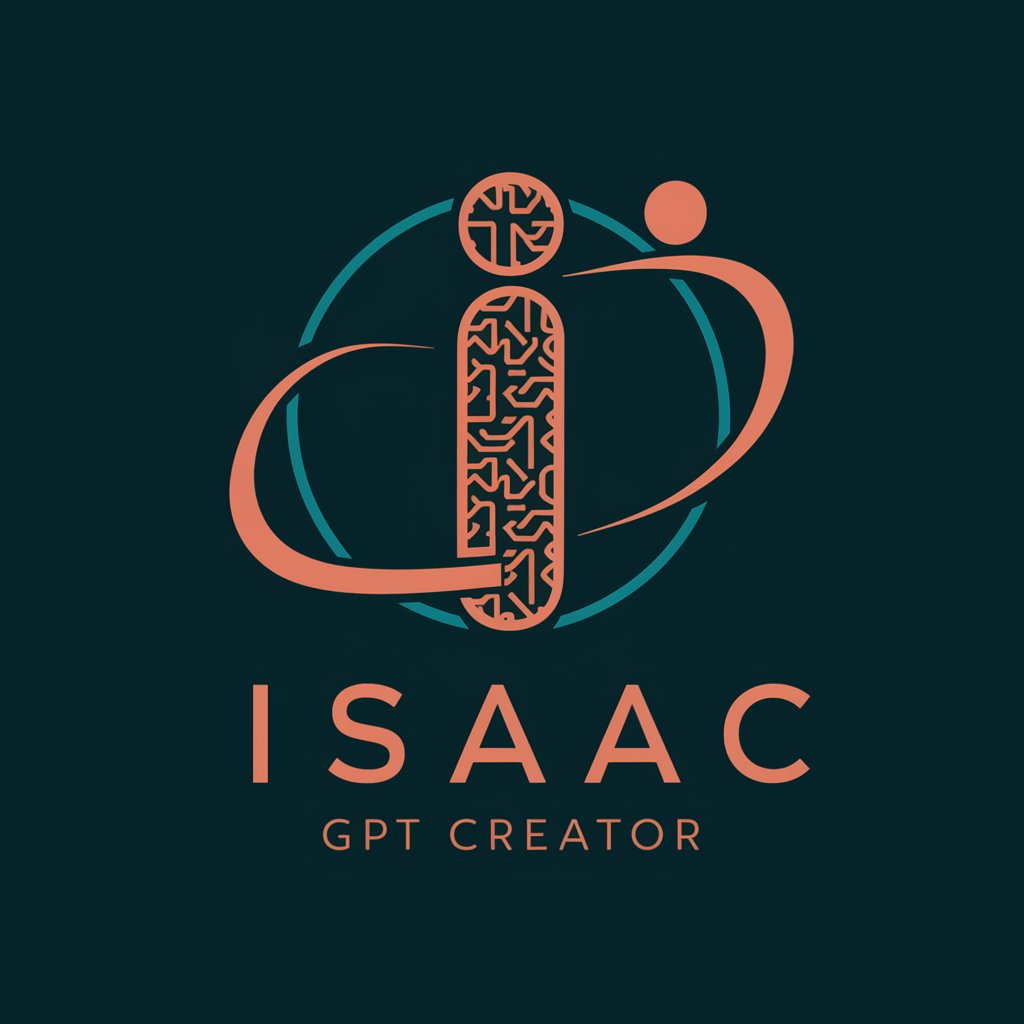
30 English Expressions
Discover English, Express Differently
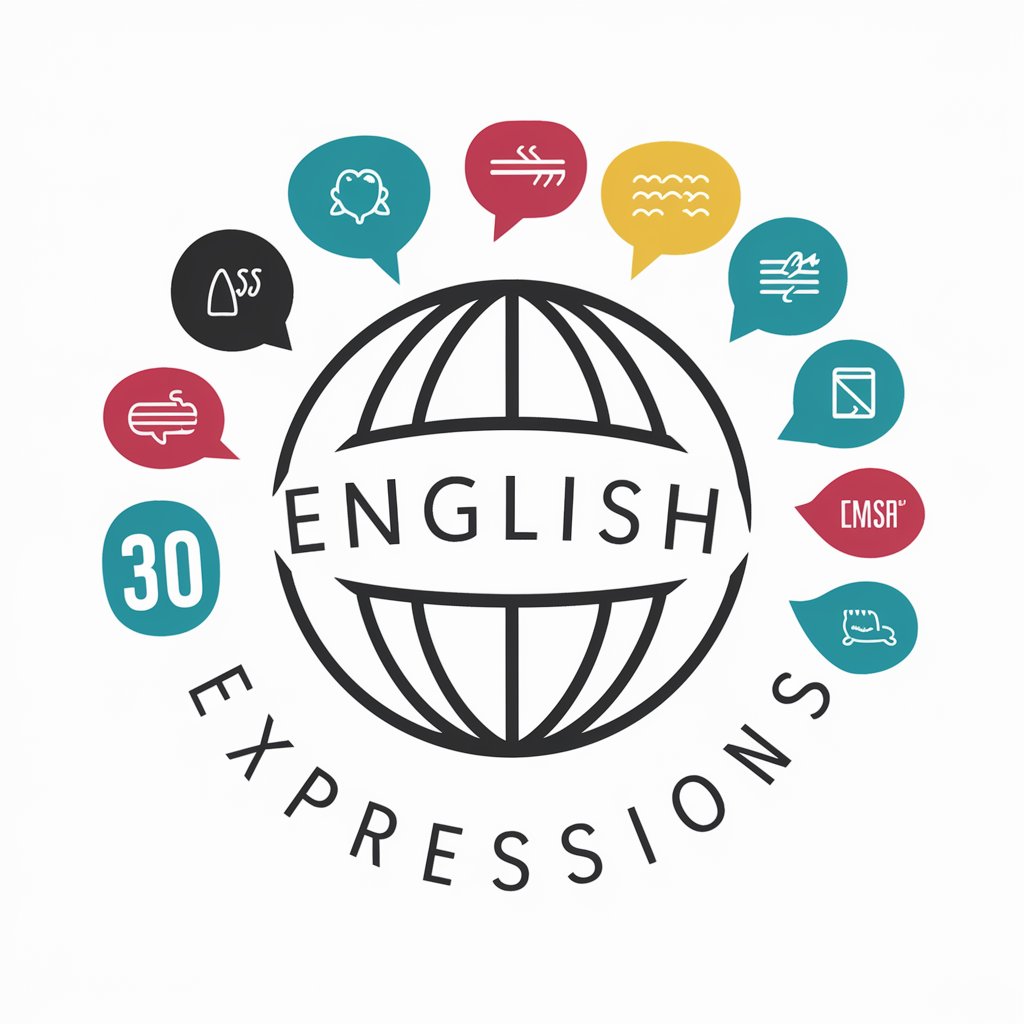
Dictionary
Empower your language with AI
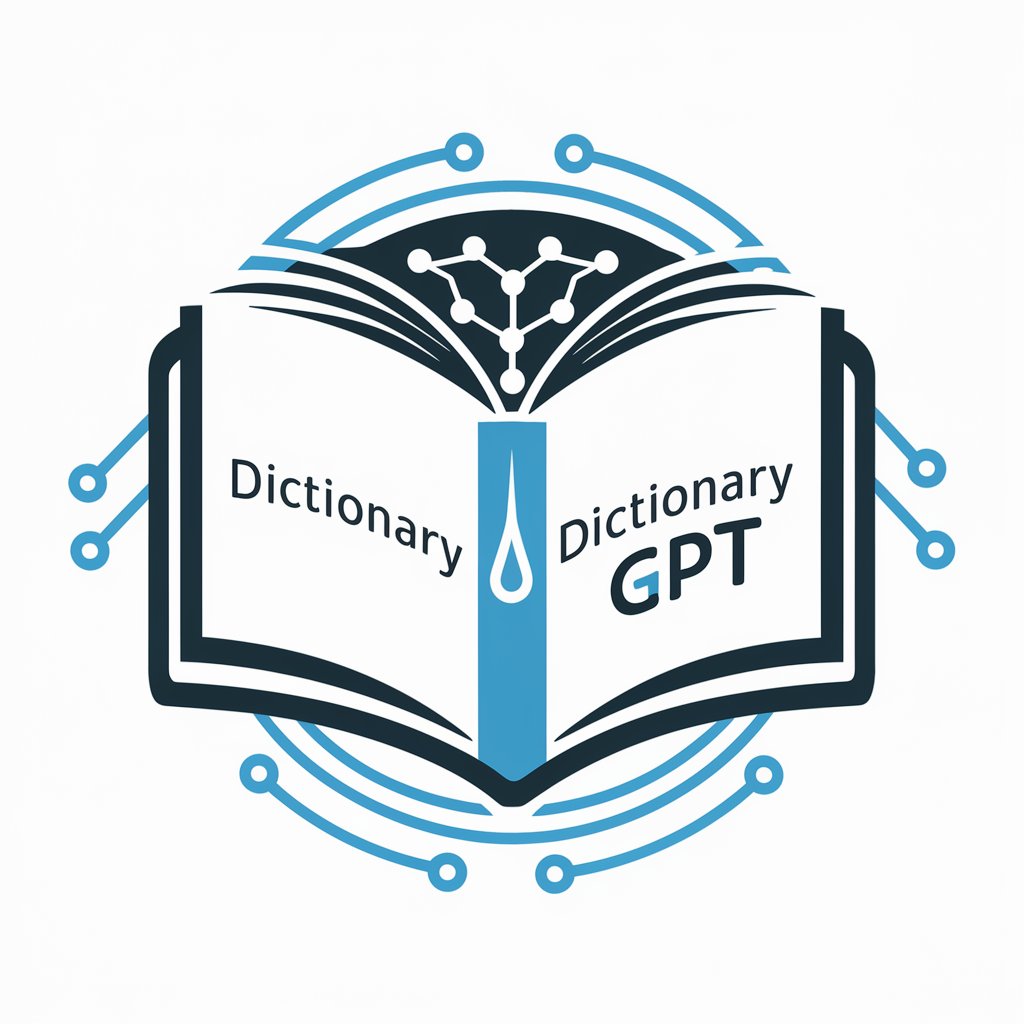
World dictionary of diseases
Empowering Health Knowledge with AI

Diet Guru
AI-Powered Custom Diet Assistance

Historic Sites Finder
Discover history with AI-powered guidance

Frequently Asked Questions about Historical Points of View
What makes Historical Points of View unique?
This tool uniquely combines AI technology with the wisdom of historical figures, offering users insights and perspectives that are not only informed by history but also deeply reflective and philosophical.
Can I choose any historical figure for advice?
Yes, you can choose from a curated list of historical figures known for their profound wisdom and contributions across various fields, including philosophy, science, literature, and social activism.
How accurate are the responses?
While the tool strives for accuracy by aligning with the known beliefs and writings of the historical figures, it interprets and generates responses based on available historical knowledge, making them insightful yet subject to the limitations of AI interpretation.
Is it suitable for academic research?
Yes, it can serve as a supplementary tool for academic research, offering unique perspectives and insights. However, users should cross-reference with primary sources and scholarly research for academic rigor.
How can I get the most out of this tool?
To fully benefit, approach with specific, well-thought-out questions, remain open to the depth of insights provided, and engage in an iterative process of inquiry and reflection to deepen understanding.

